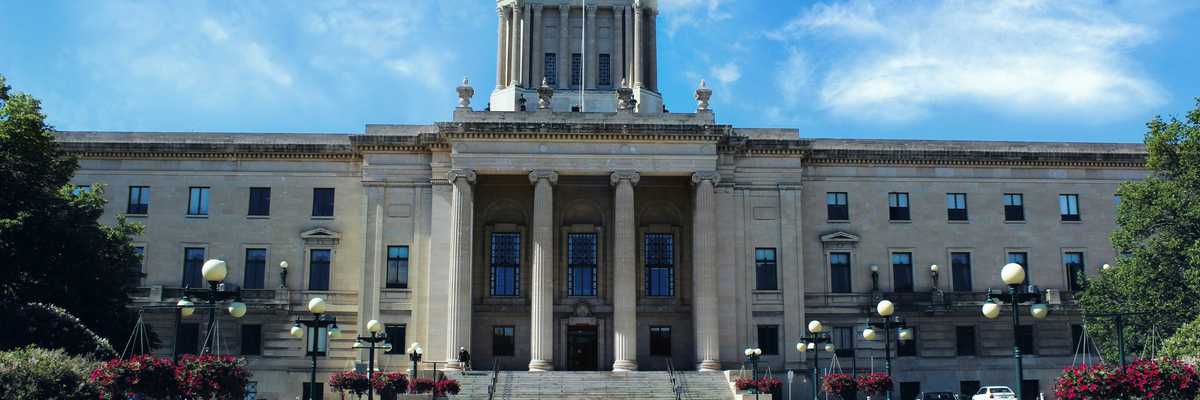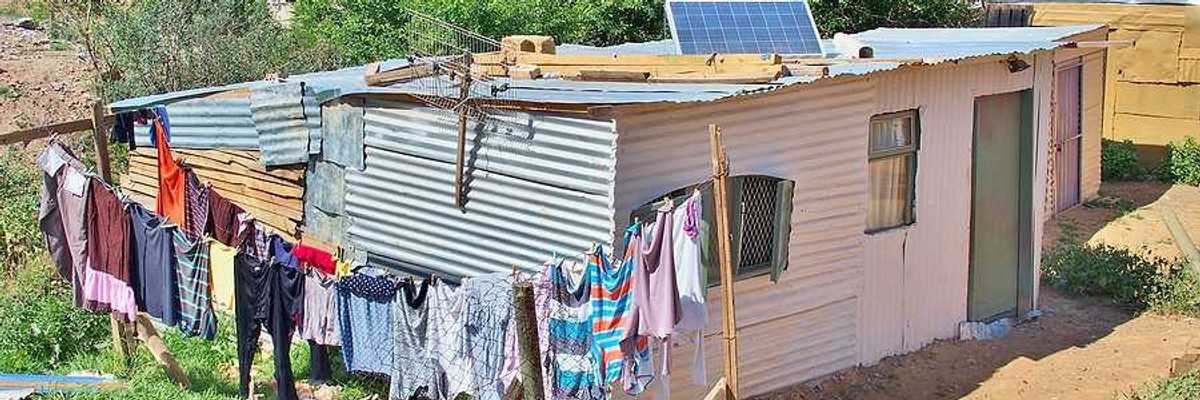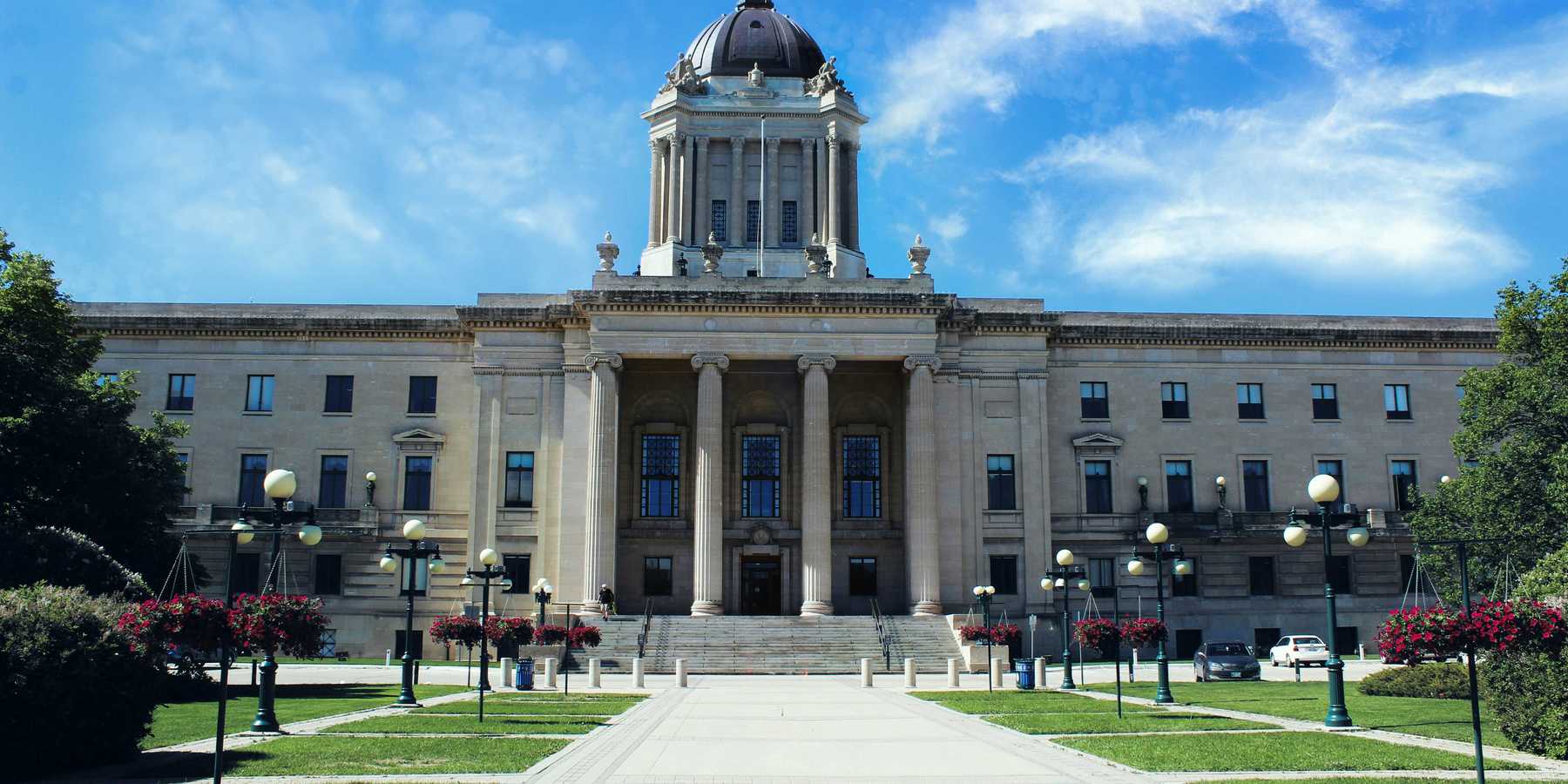housing
Climate risks may trigger the next housing crisis
Climate change is making U.S. homes riskier investments, as rising insurance costs signal a looming housing bubble that could devastate the economy.
In short:
- Home insurance premiums are climbing nationwide due to increasing climate risks like wildfires and floods.
- Experts warn that home prices don’t reflect these growing risks, leading to a potential housing bubble.
- If this bubble bursts, it could cause widespread economic damage, especially in vulnerable regions.
Key quote:
“We’re in a bubble, and whether it deflates slowly, causing some economic pain, or pops suddenly, shocking the country’s economic system, will come down to policy choices that governments make now.”
— Jesse Gourevitch, an environmental economist at the Environmental Defense Fund
Why this matters:
With climate-related disasters becoming more frequent, homeowners face increasing financial risks. Addressing these challenges now could prevent a catastrophic economic collapse in the future.
More: People are moving to risky areas despite climate dangers
Tech billionaires’ plan to build eco-friendly city faces opposition in California
A company backed by Silicon Valley billionaires aims to create an eco-friendly city in Solano County, California, but faces local opposition over environmental concerns and land use.
In short:
- California Forever, led by former Goldman Sachs trader Jan Sramek, plans to build a new city on 60,000 acres of farmland, promising solutions to housing and sustainability issues.
- Despite spending millions to gain support, the plan was withdrawn after local opposition and a poll showing 70% voter disapproval.
- Critics argue that developing existing communities is a better solution for housing and environmental issues than creating new cities.
Key quote:
“Building housing in existing communities is one of our best climate solutions, and paving over 17,000 acres of non-irrigated farmland is not.”
— Sadie Wilson, director of planning and research, Greenbelt Alliance
Why this matters:
Creating new cities from scratch raises questions about environmental sustainability and resource use. While such projects promise innovation, they often face hurdles in balancing development with ecological preservation and community needs.
California’s low-income housing climate initiative faces budget cuts
California’s plan to reduce building emissions through the Equitable Building Decarbonization Program may see a significant budget reduction.
In short:
- Governor Gavin Newsom proposes a 33% budget cut to California’s Equitable Building Decarbonization Program, initially funded at $922 million, to manage a $38 billion deficit.
- The program aims to replace gas appliances in low-income homes with electric ones, such as heat pumps and stoves, to mitigate climate change without evicting tenants.
- This reduction threatens to exclude a third of the intended beneficiaries, sparking concern among advocates and participants about the future of this climate initiative.
Key quote:
“The real goal from our perspective was to make healthy homes.”
— Alex Jasset, director of energy justice at Physicians for Social Responsibility Los Angeles
Why this matters:
California’s approach involves providing financial incentives, such as grants or low-cost loans, so property owners can replace outdated, gas-powered systems with electric ones, such as heat pumps for heating and cooling. This transition not only supports the state’s climate goals but also ensures that low-income households are not left behind in the green transition.Why housing security is key to environmental justice.
Builders resist stricter energy codes for new homes
In a clash over climate and affordability, home builders are lobbying against stricter energy efficiency standards for new houses, citing cost concerns.
In short:
- Home builders in various states, including North Carolina and Michigan, are opposing new energy efficiency building codes, arguing they increase housing costs.
- The industry claims these codes add significantly to construction costs, though federal studies suggest a much lower impact.
- Climate advocates and some builders counter that energy-efficient homes offer long-term savings and environmental benefits.
Key quote:
"The notion that building this way is too expensive or too complicated … I just don’t buy any of that."
— Rob Howard, green builder
Why this matters:
This resistance to energy-efficient building practices is significant as it hinders progress in reducing greenhouse gas emissions from homes, which account for a significant portion of U.S. emissions. The debate underscores the challenge of balancing economic interests with urgent environmental needs.
Op-ed: When a home is not a sanctuary but a sickening, expensive trap.
Montana judge halts development over water concerns
In a landmark decision, a Montana judge has blocked a new housing development, citing inadequate groundwater protection.
In short:
- A Montana court ruled against a new housing development due to concerns over declining groundwater resources.
- The case highlights the tension between housing demand and environmental sustainability in water-stressed areas.
- The ruling could set a precedent, potentially impacting future developments across Montana.
Key quote:
“The pendulum for the longest time was largely swinging in support of development at any cost."
— Guy Alsentzer, executive director of Upper Missouri Waterkeeper
Why this matters:
This ruling is a significant moment for public policy, balancing the need for housing against the imperative of sustainable water use, which is crucial for both ecological health and human well-being.
Be sure to read: Tainted water imperils health, traditions for Montana tribe.









